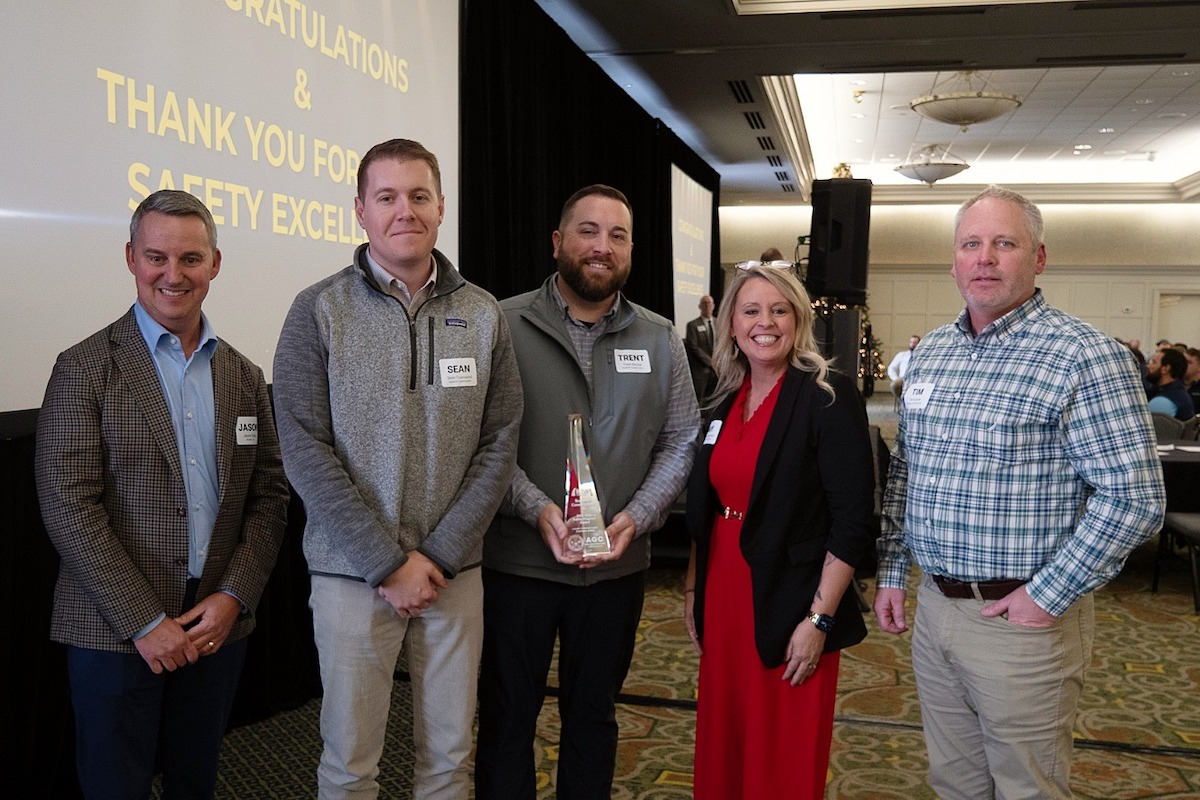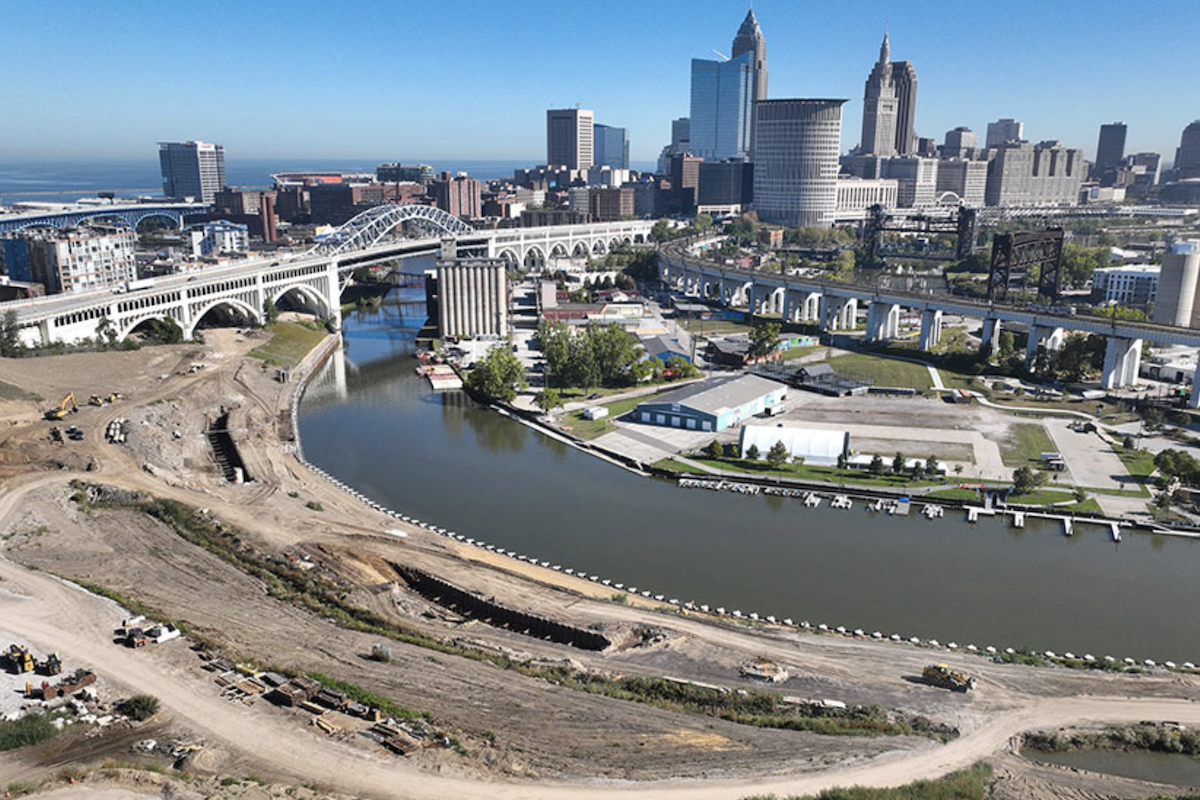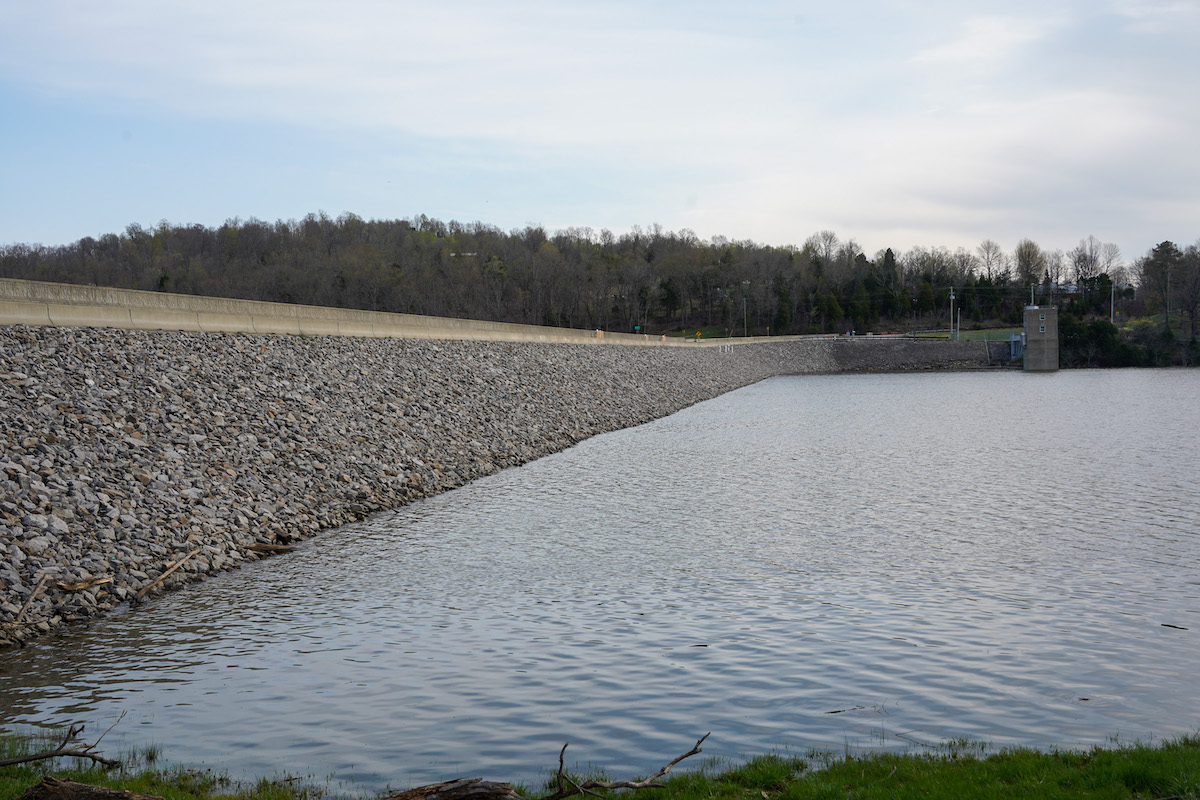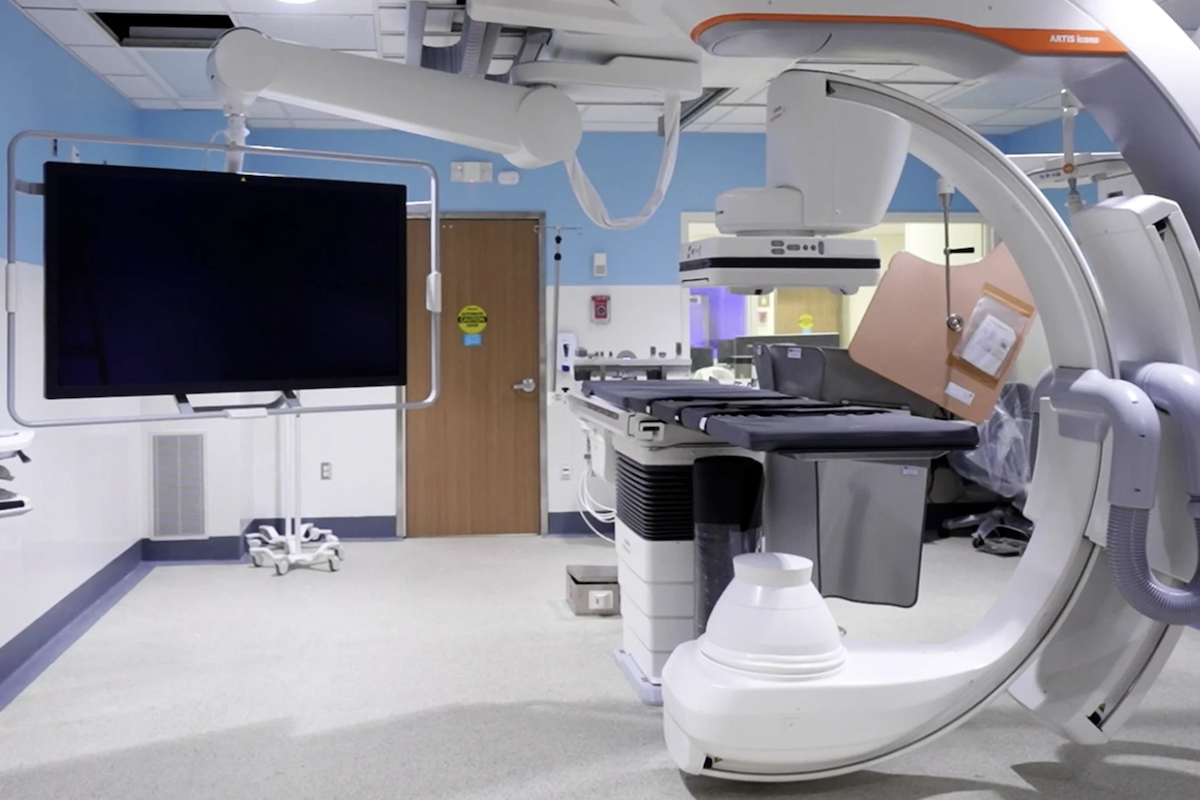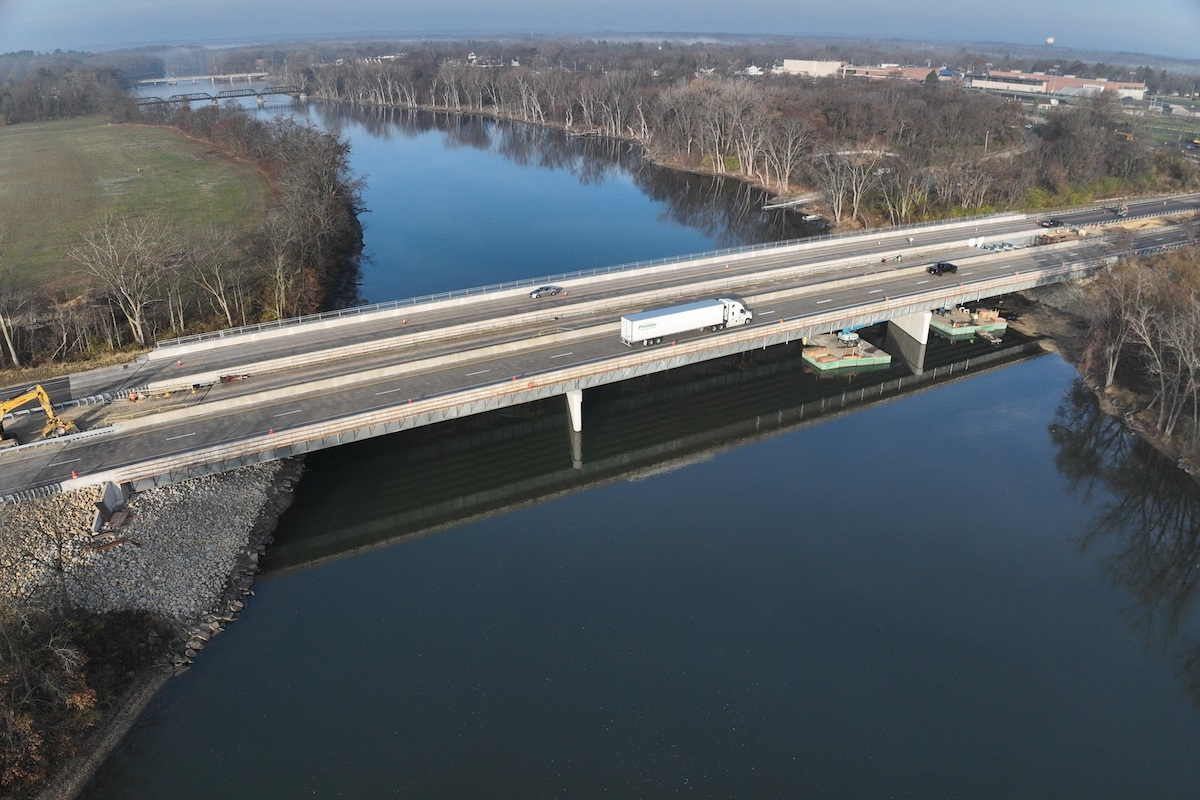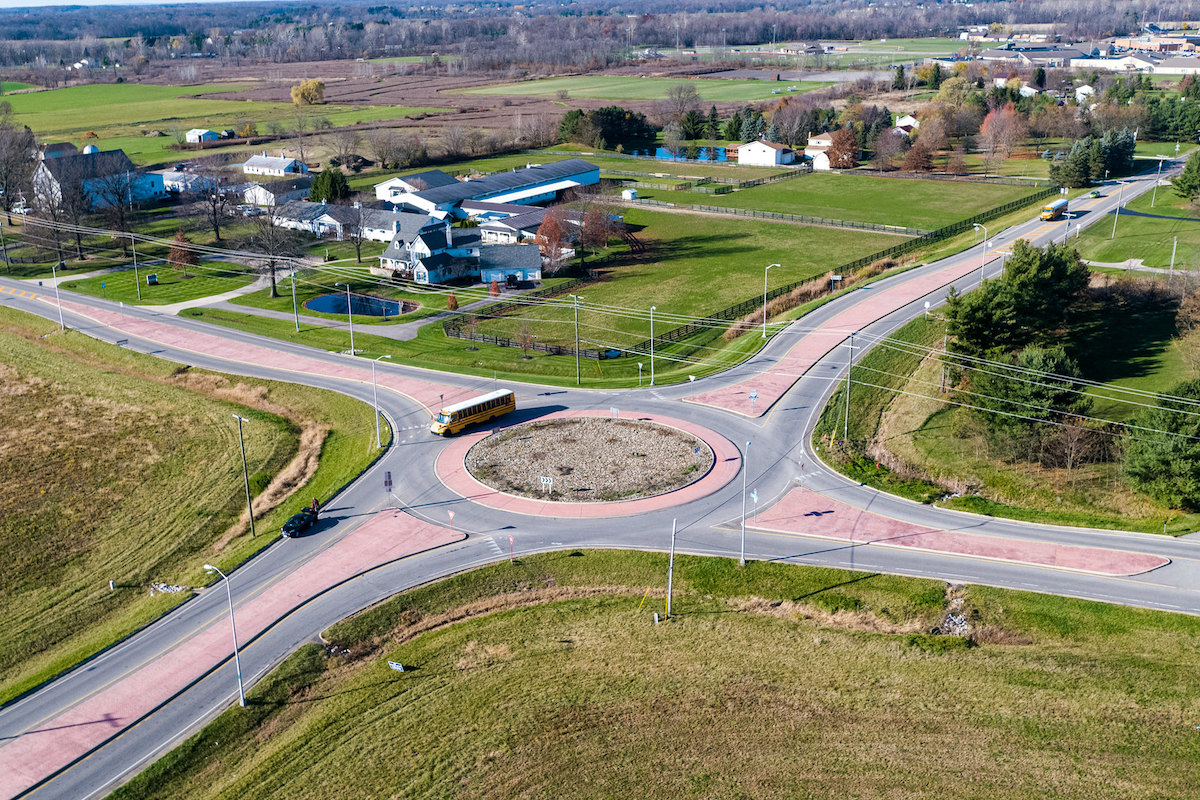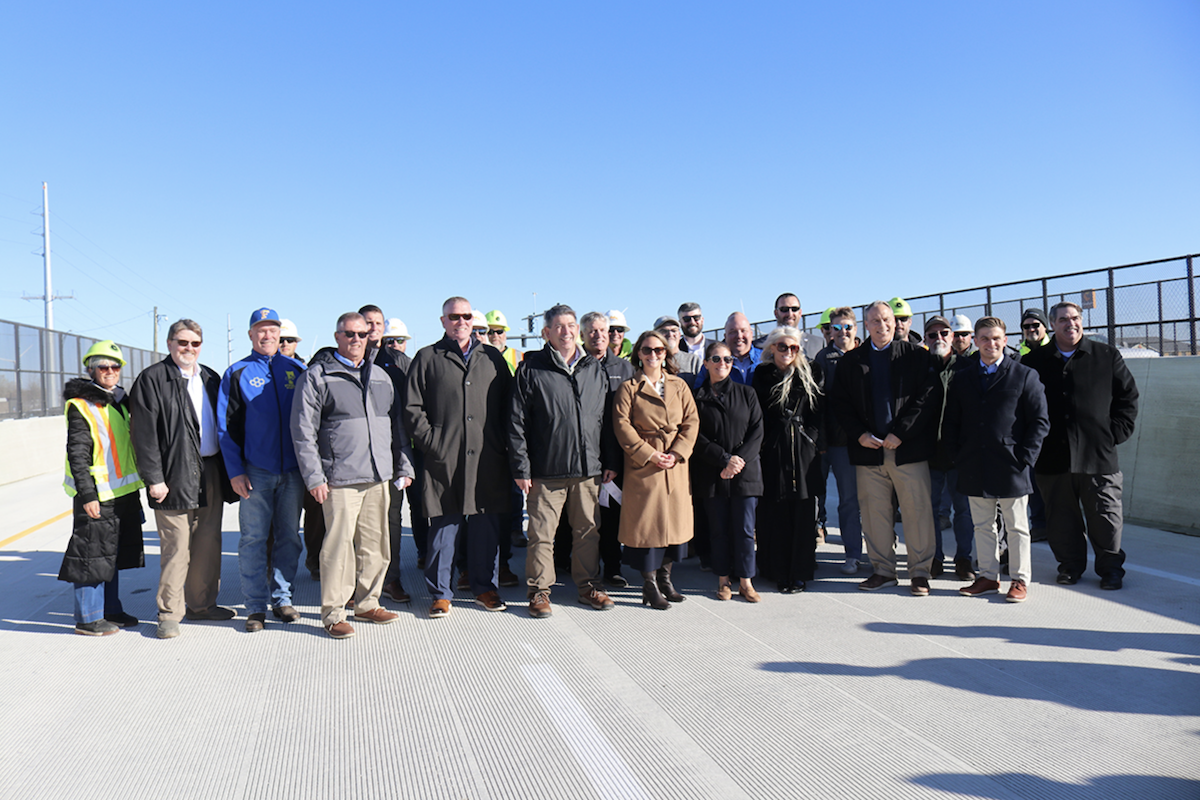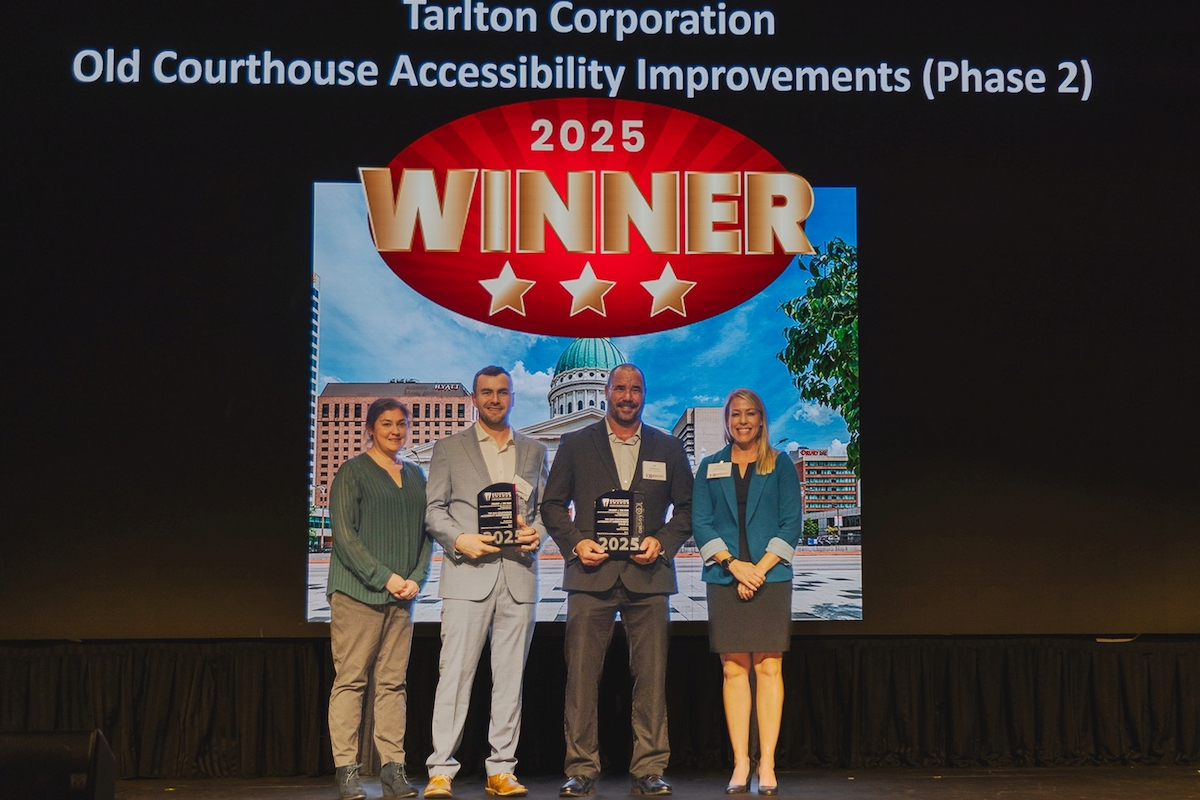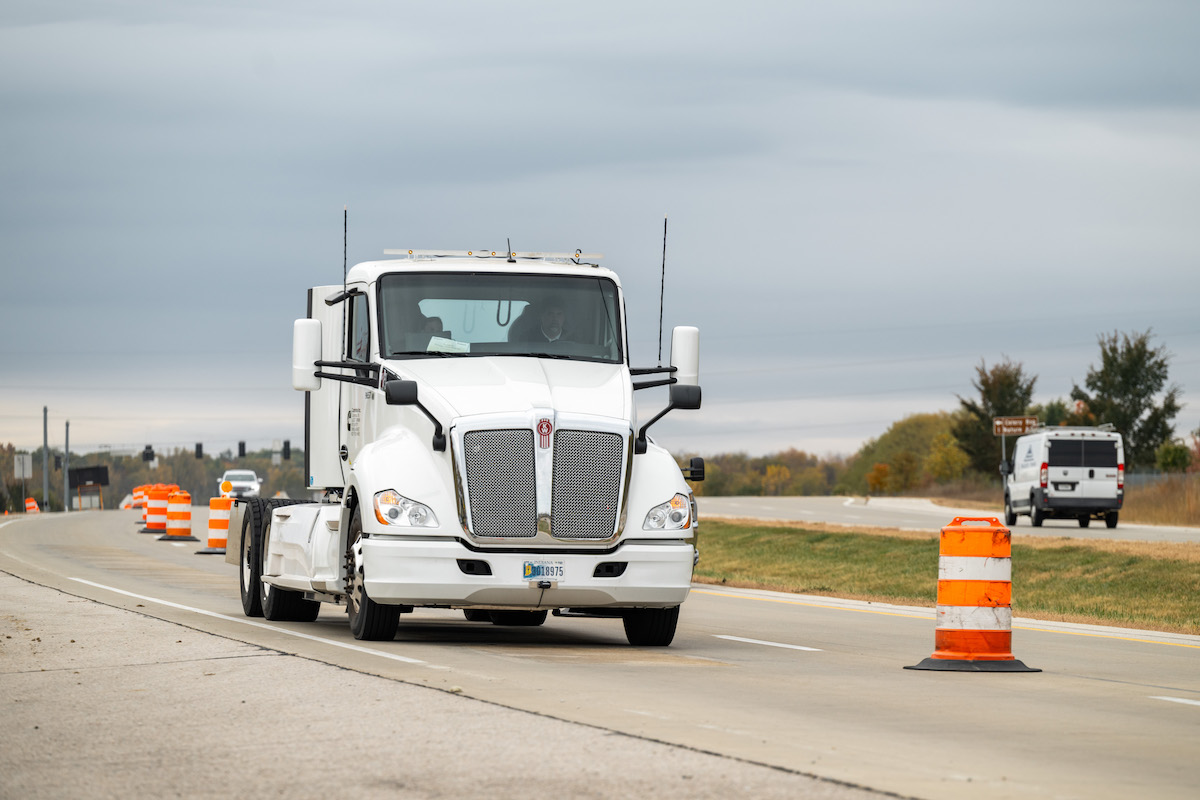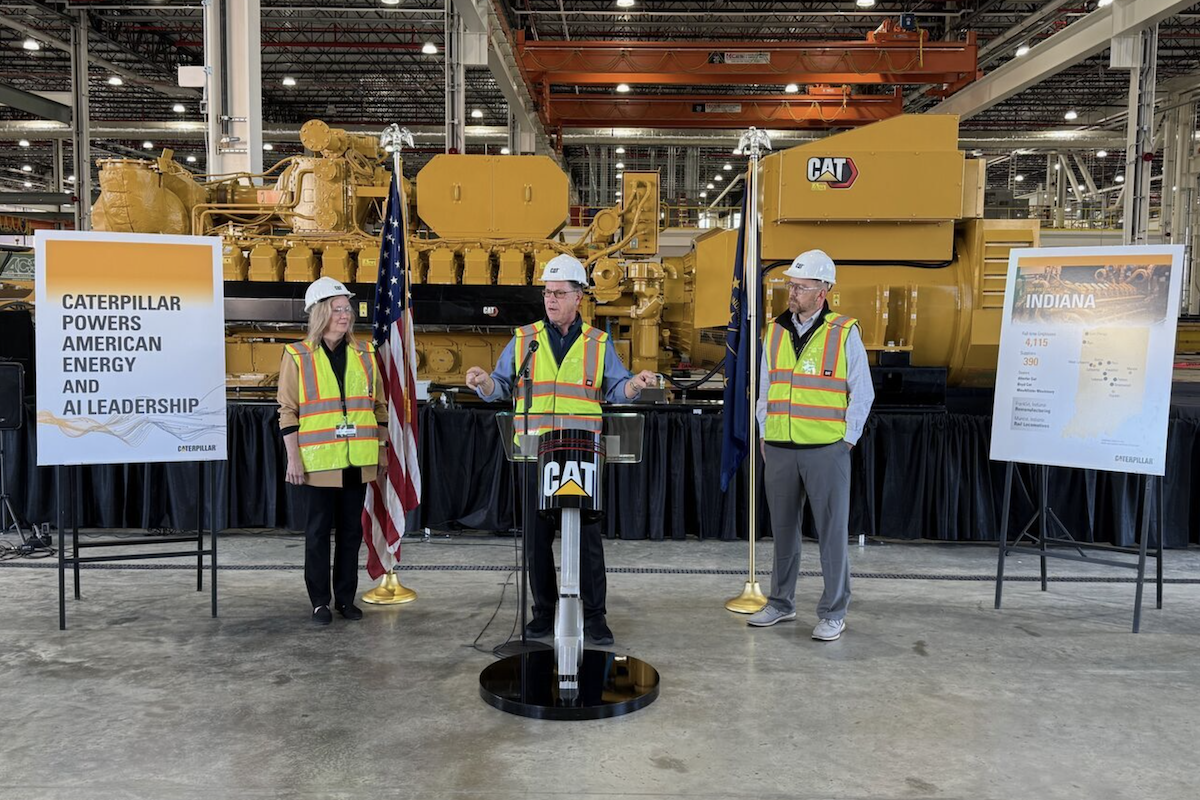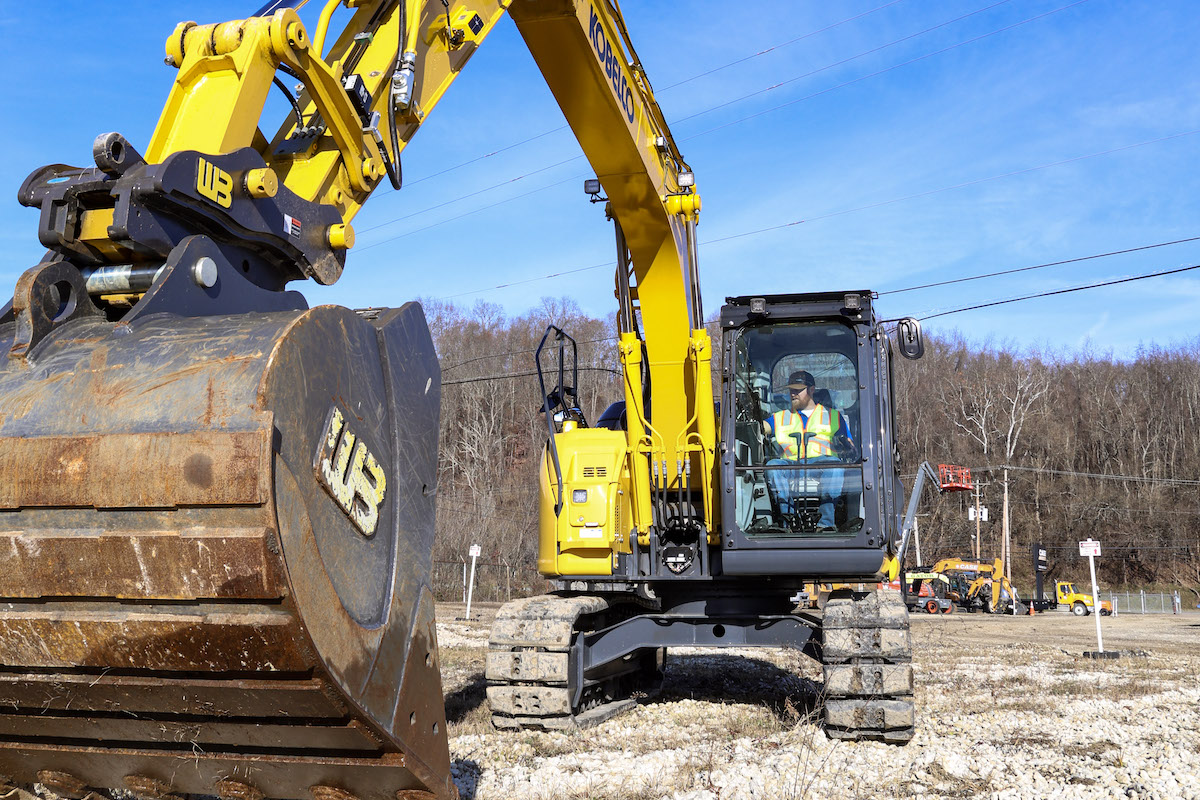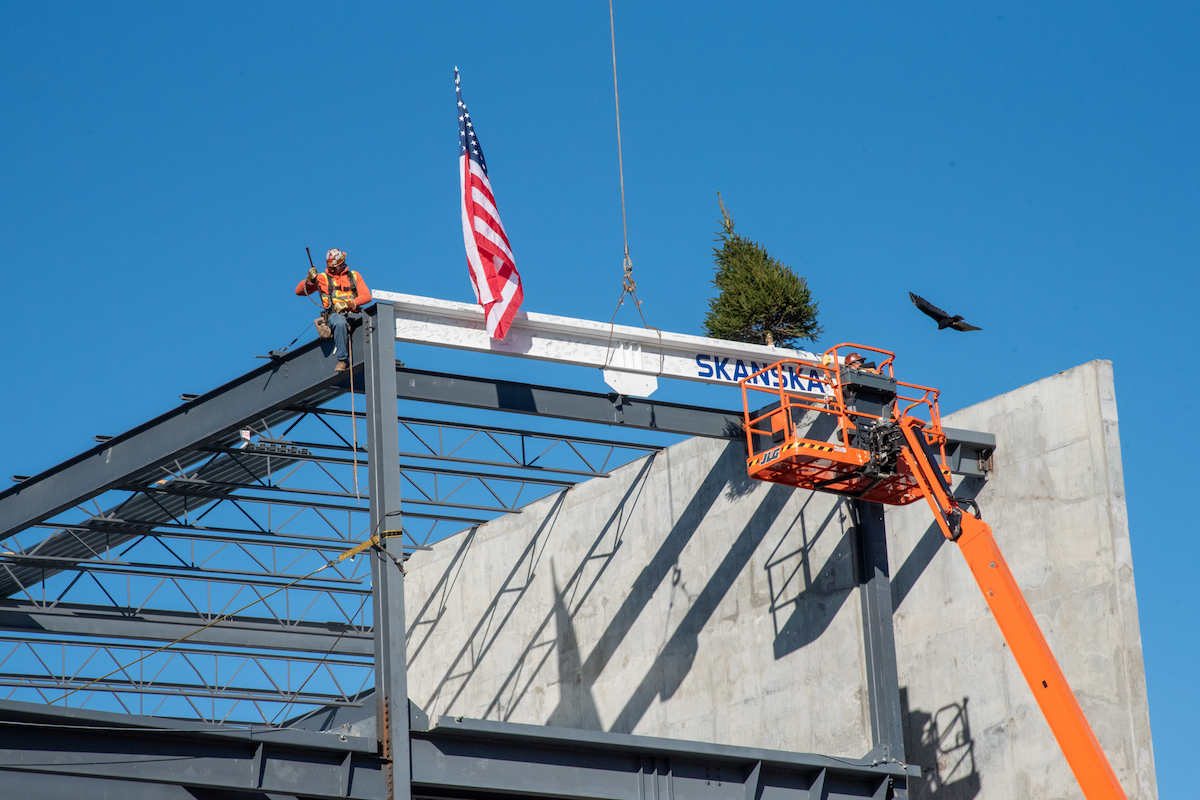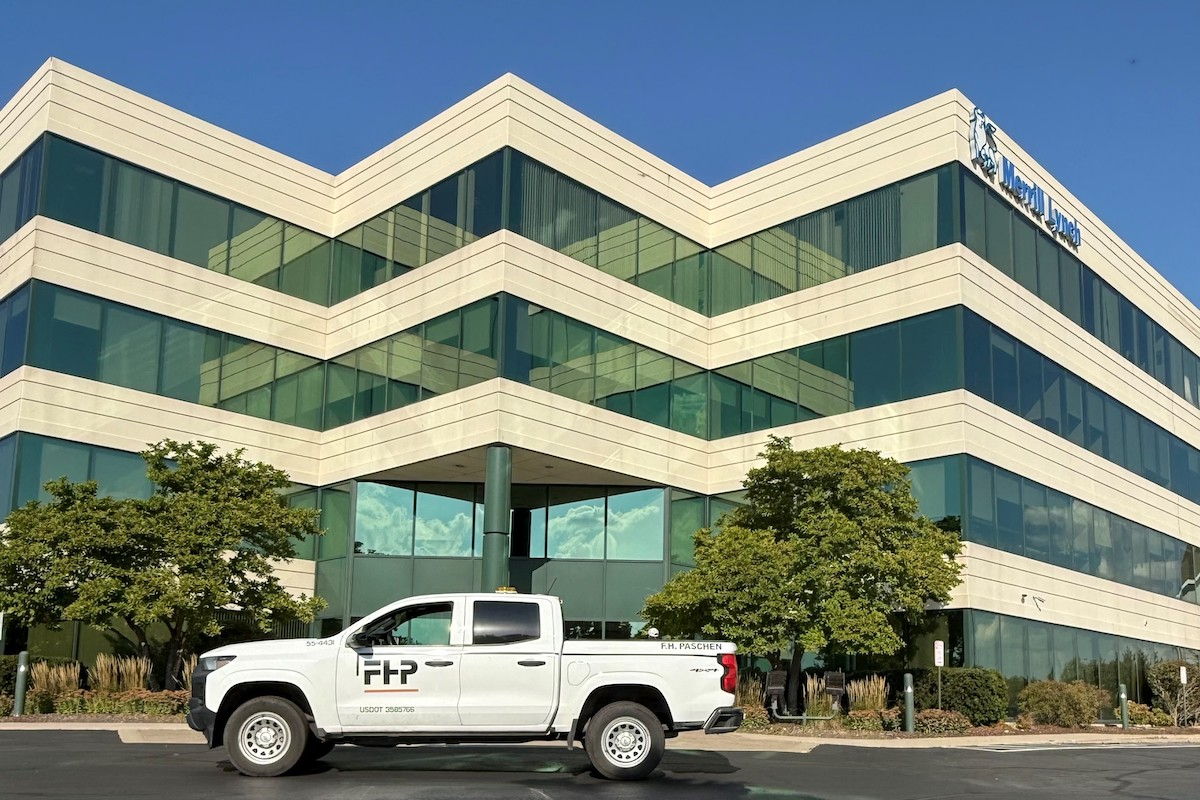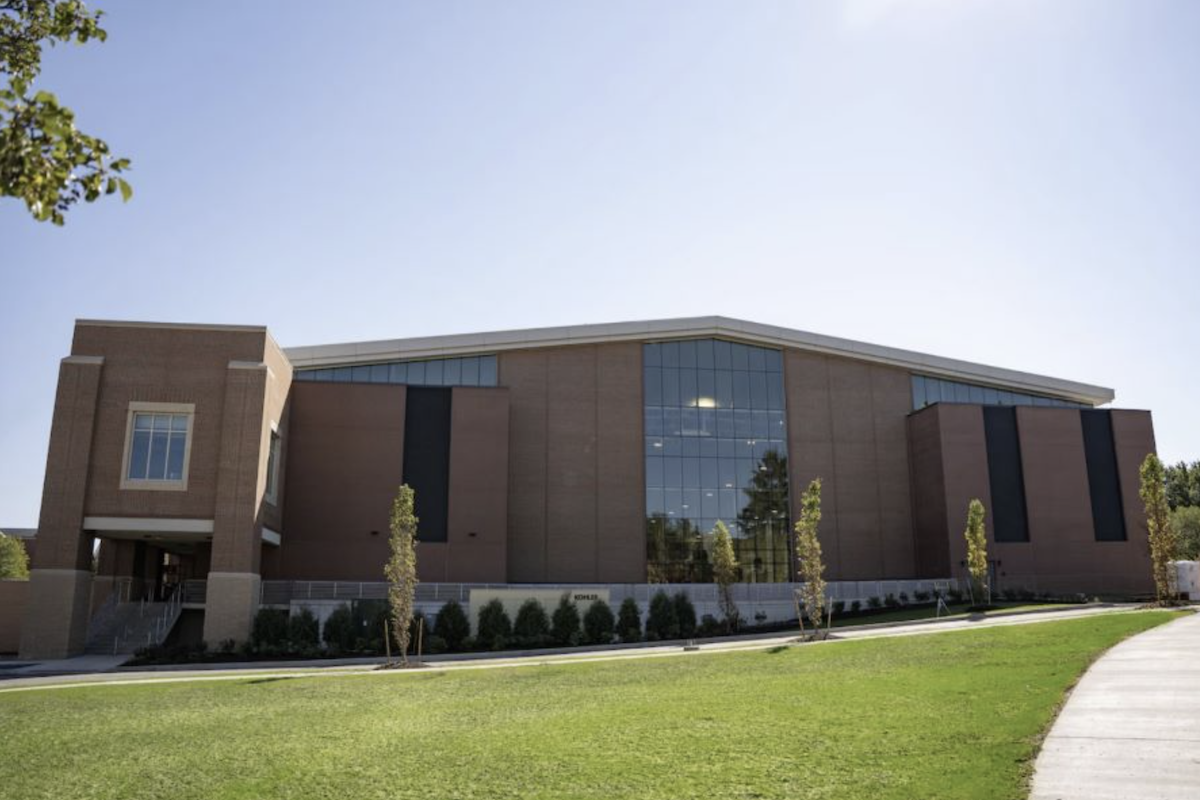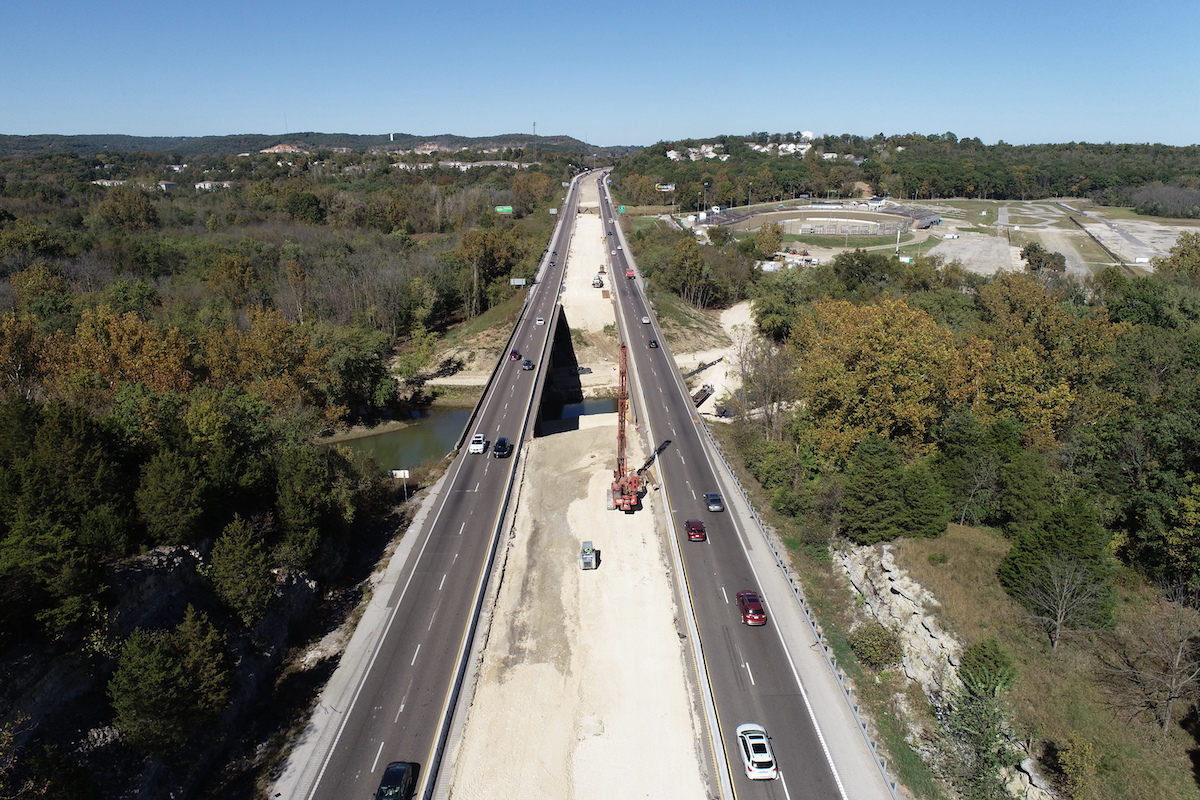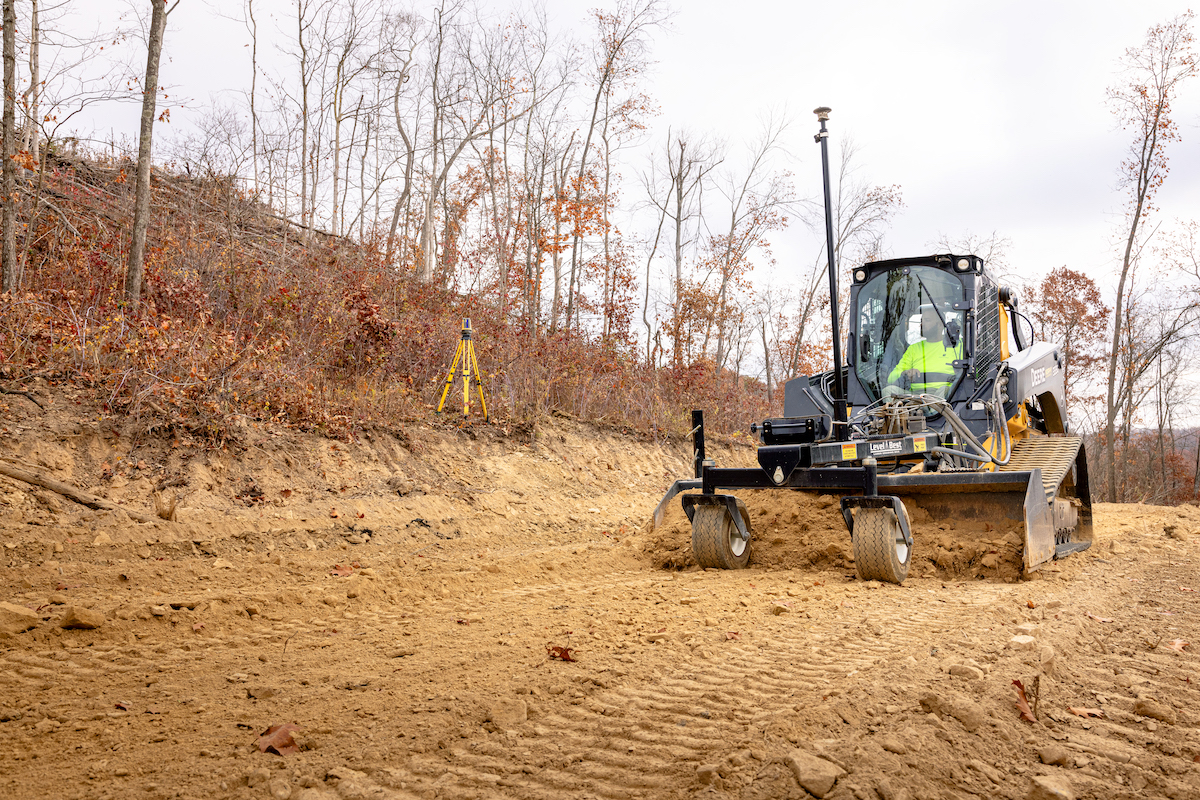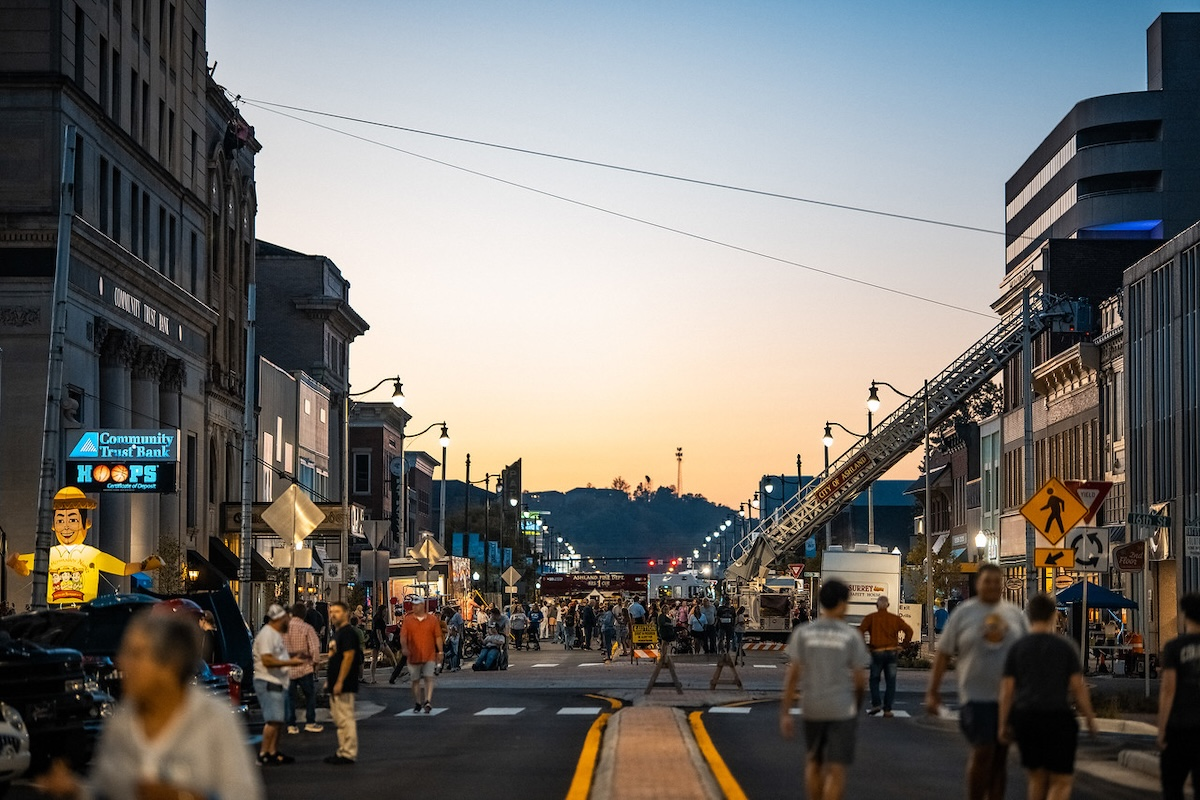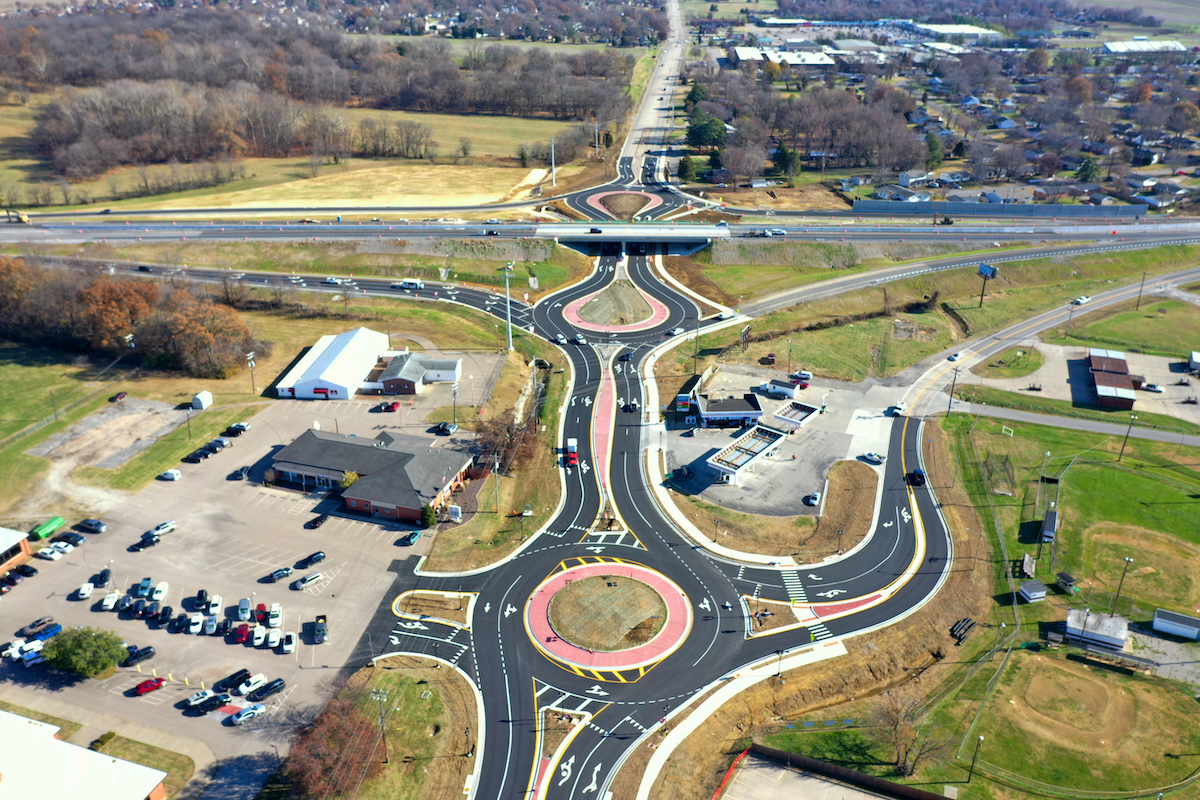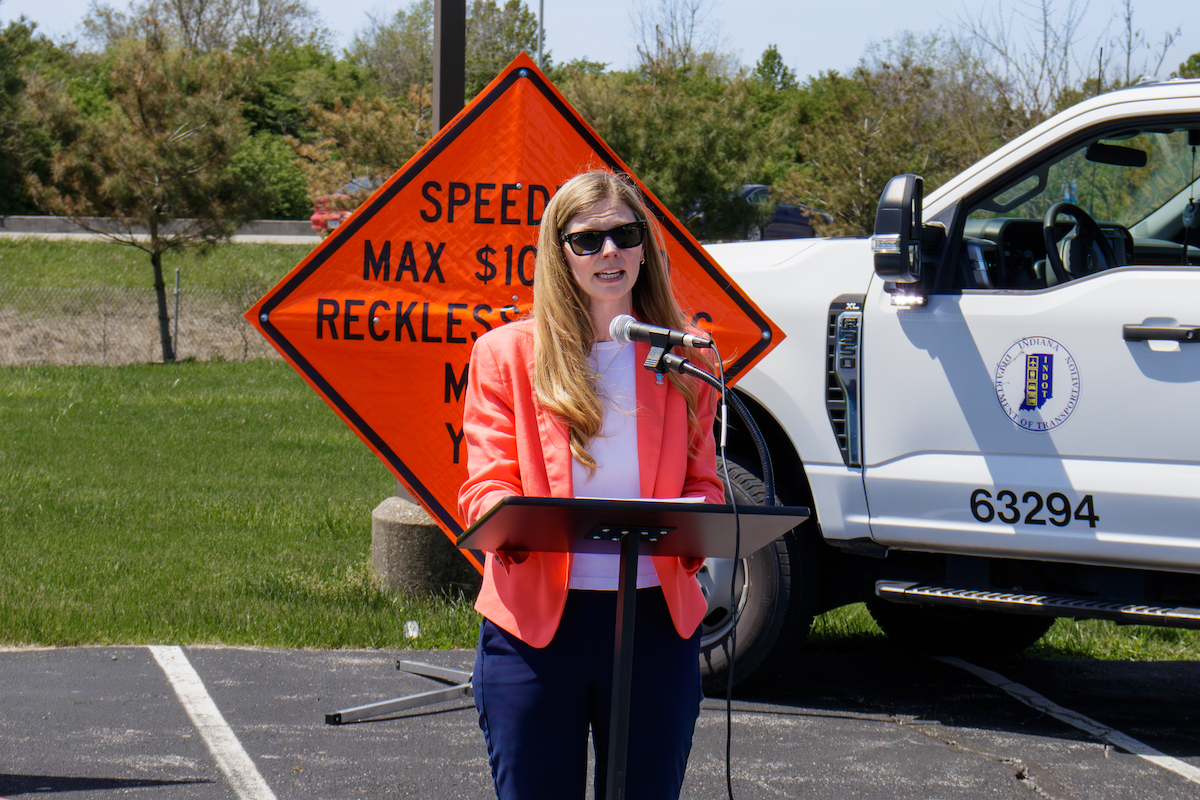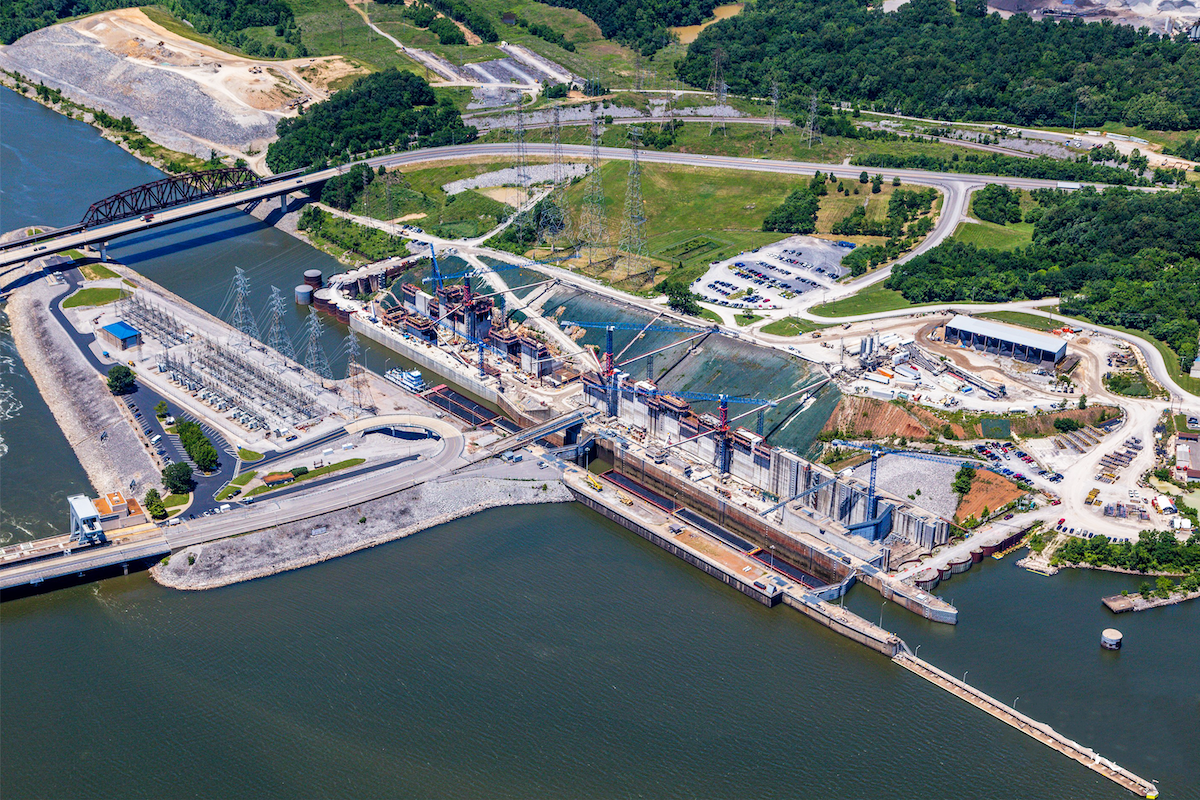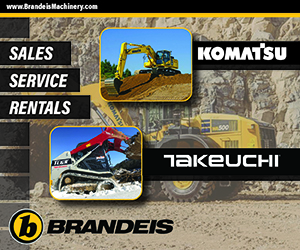The most common method of addressing carryover is to slightly decrease the wire gauge (diameter) being used to create more open screening area. However, in doing so, wear life declines due to abrasion if traditional round wire is utilized. For decades, this has been the accepted tradeoff: increased sorting efficiency means shortened screen life.
“Dealing with the tradeoff between media throughput and wear life has been a constant battle in our industry,” says a quarry production supervisor who is in charge of crushing, blending, screening and load out of mostly course grained granite at an East Coast plant producing construction aggregate. “Every rock that rides over is rock that we are not making money on, because I have to re-crush it and send it back across the screen.”
“But the heavier the wire, the fewer holes per square foot, and the less open area to fall through. Basically, we were shaking rock with limited production,” explains the production supervisor.
Although conventional round wire screen has been the industry standard for generations, the geometry of the wire itself contributes to ride over. When rock particles contact the round wire, they tend to deflect up and over the screen, lessening production.

| Your local Bobcat dealer |
|---|
| O'Leary's Contractors Equipment & Supply |
As an example, one engineered woven wire screen called Hi-Rise by Lancaster, Pennsylvania-based Hoyt Wire Cloth – a wire cloth aggregate division of Lumsden Corporation – compresses and expands wire so it is taller than it is wide with flat sides.
The result of using shaped, rather than round wire, is that up to 15 percent more screen openings can be fit into a given area. The flat surface of the shaped screen wire allows a greater quantity of smaller diameter crushed rock to fall through rather than bounce over the screen, causing quick stratification. Because the material separates readily, more screen area is available for remaining material to be sized. The result is near size material moves through the screen earlier allowing for a higher feed rate.
“With shaped wire, you have more open area in the panel. The wire is elongated. The shape acts like a dam to water: the rock hits the flat area and bounces through instead of continuing to ride over the top of it,” explains the quarry production supervisor.
“If you run production with shaped, wire like Hoyt Hi-Rise you can capture a lot more material,” the quarry supervisor says. “Our studies have shown that with such high efficiency wire screen, instead of conventional round woven top, you can get 25 percent to 30 percent more through.” He notes that he ran at least 300,000 tons of course grained granite using the shaped high efficiency wire screen so far.
As a manager whose sole focus is on safely and efficiently increasing production, the supervisor translates what such an efficiency boost actually means for the industry.

| Your local Deere & Co dealer |
|---|
| West Side Tractor Sales Co |
“In my plant, right now, if I run only conventional, old school round wire screen, I would probably have to crush rock 12 to 14 hours a day, where I can now achieve the same production in 8 hours with high-efficiency, shaped wire screen.”
According to the production supervisor, the increased production efficiency also reduces employee fatigue and crusher wear and tear. “If you run a crusher 12 hours to make the same tonnage you could in eight, you are putting much greater wear on the machine for no reason.”
For a limestone quarry in Western New York specializing in crushed limestone, hot mix asphalt, landscape boulders, rip rap, and high calcium agricultural lime, reducing production downtime and was the main issue, according to their quarry superintendent.
“We were not getting the wear life that we expected out of the traditional round wire screen. If we wanted a greater open area percentage on our screen deck, we needed to go to a smaller diameter wire, so wear and production downtime was an issue,” the superintendent explains.
When the limestone quarry switched to shaped wire screen, the wear and production issue was resolved.

| Your local Case Construction Equipment Inc dealer |
|---|
| Burris Equipment |
“With the Hi-Rise wire screen, we can use a heavy diameter wire, but still get the same open area percentage so we do not have to change the screens as much. In fact, we are probably getting 20 percent to 30 percent longer life span from our wire screens now and spend much less on maintenance,” the superintendent says.
As far as production, the limestone quarry superintendent estimates that the switch to shaped wire screen has enabled producing significantly more.
“We also have more open area and more screen efficiency with the shaped wire screen. So, we are producing about 20 tons more per hour with it than our previous round wire screen,” mentions the superintendent.
While the cost of the shaped wire is slightly more than traditional round wire, the gains in production and wear life make ROI extremely quick, according to the quarry superintendent.
“In terms of increased production as well as reduced downtime, screen maintenance and labor, I would say our ROI is essentially immediate. This screen innovation is definitely the way of the future,” the superintendent concludes.
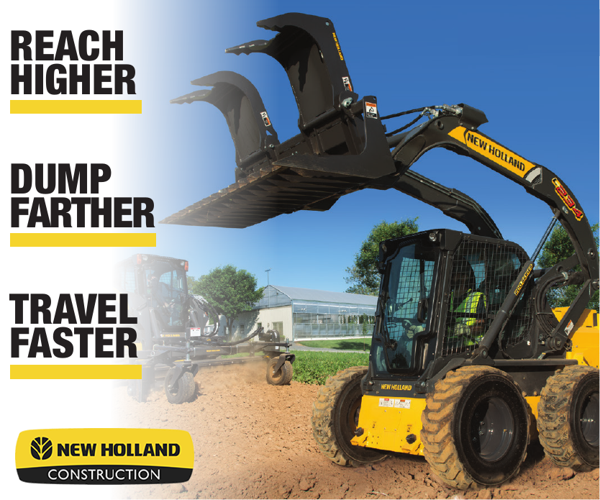
| Your local New Holland dealer |
|---|
| Burris Equipment |














